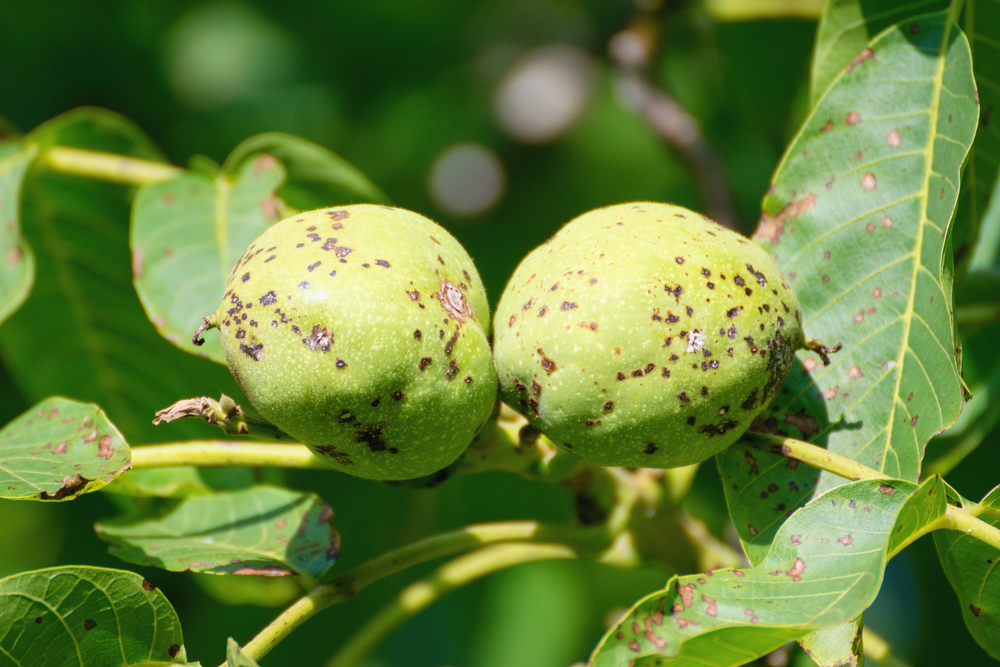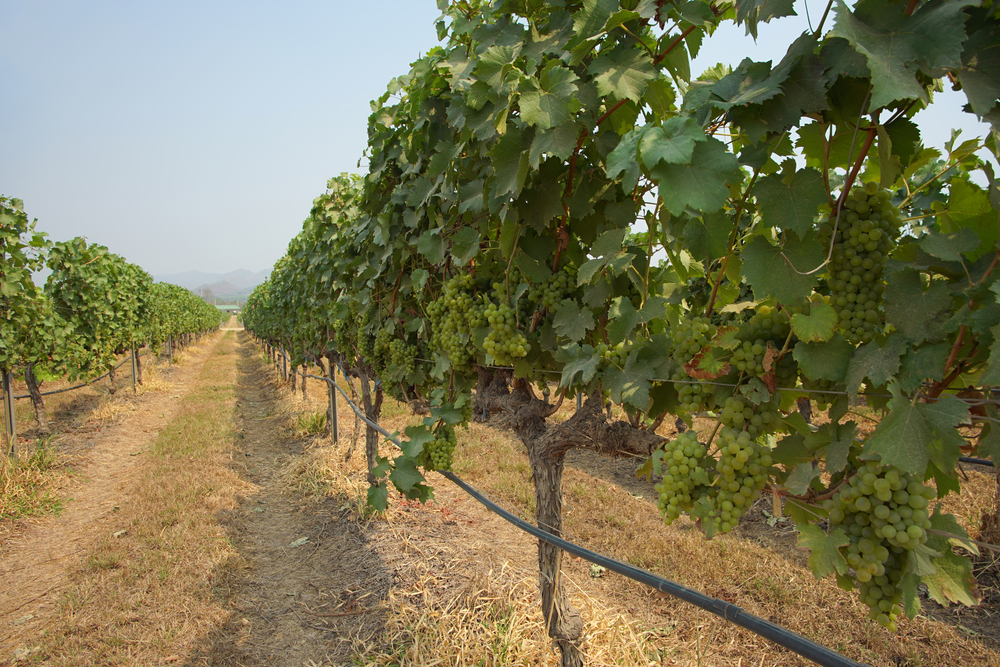


Going Back in Time
Many of the biological farming practices that we are just now implementing today were very much a part of the landscape as far back as 12,000 years ago. Climate change at the end of the last glaciation produced thick forest soils. Over thousands of years the soil grew several feet thick depending on the region. Soil erosion began only after the introduction of the plow.
The ancient Greeks and Romans knew that manure spread on fields helped crop production. Early Arabic civilizations collected written knowledge about farming complementing nature. By 1815, England was importing bones from around the world, as bone meal had been recognized as a benefit to agriculture. This included many human bones, from the Empire’s brutal colonial wars. Bird droppings, known by the Spanish name guano, became popular fertilizers in the U.S. in the 1800s. Darwin discovered that worms not only helped make soil, but they also helped move it. Francis Chaboussou, an agronomist at the French National Institute of Agricultural Research, in 1985 wrote “Healthy Crops: A New Agricultural Revolution.” In reviewing numerous studies stretching over nearly 50 years, he demonstrated that the nutrient balance of crops affects their susceptibility to pests and disease, and increases in diseases were tied to heavy nitrogen fertilization.

The Benefits of Mycoremediation
Mycoremediation, sometimes referred to as fungi remediation or mushroom remediation, uses fungi instead of bacteria to break down waste. Mycoremediation can be an economical and effective strategy to degrade various recalcitrant, persistent and toxic pollutants like polyaromatic hydrocarbons, antibiotics, herbicides, insecticides, antifungal drugs, algal bloom, cyanotoxins, detergents, heavy metals, and plastic.
Fungi consume organic debris that no other organism we know about will, and they create soil. They can be used in filtration systems, and in fact fungi mycelium are being released throughout burn zones in California to trap toxic waste before it reaches our waterways and to accelerate the recovery of the burn areas. Mycelium can help to structurally bind together particles, which slows runoff and helps to keep soil in place. Some fungi are so tolerant of toxicity that they even grow on the site of the Chernobyl power plant.

Reducing Self-Inflicted Farming Problems
Overindulgence in synthetic fertilizers, especially nitrates, can weaken plants and expose them to greater disease problems. Applications of products like calcium ammonium nitrate, or CAN17, kill the soil biology and set up the plants for a host of problems including downy mildew and soil-borne diseases like fusarium, phytophthora, etc. Soil-borne diseases are among the most destructive threats to crop production. The intensive use of pesticides further depletes soil biology. Yet for the last century, food production has heavily relied on chemical controls for the management of pathogens and pests.

Ecological Irrigation Line Cleaner Saves Water and Promotes Soil Health
Our drought continues to challenge our daily farming practices. Finding new and advanced ways that can save water can add up. When we flush our irrigation lines or sand filters there’s a tremendous waste of water. By reducing this practice and making it more efficient, we can save money. In addition, spending labor dollars on cleaning filters, screens, regulators, etc. is a less productive task than other priorities on the farm. I’ve mentioned our bio-catalyst product in previous newsletters but thought it was particularly important this season given the high mineral content of our water in drought conditions. As we’re avid promoters of soil health, the product must enhance soil biology versus destroy it.

